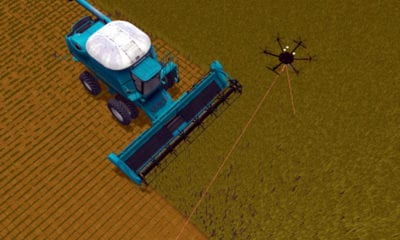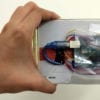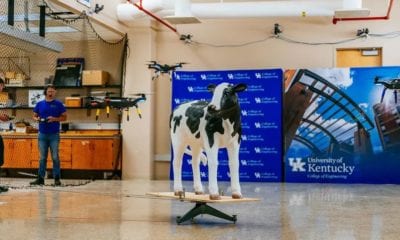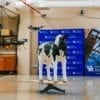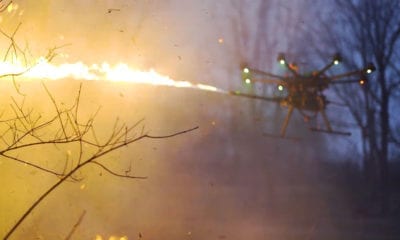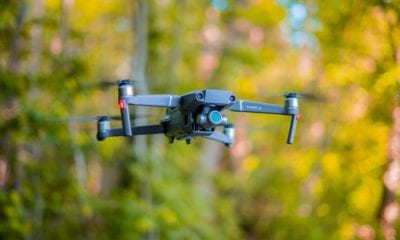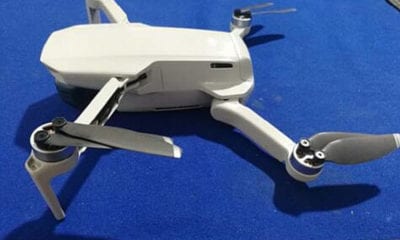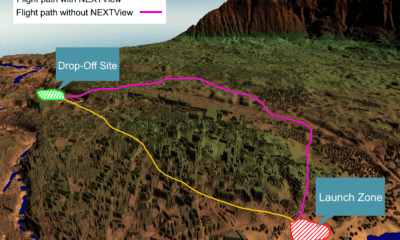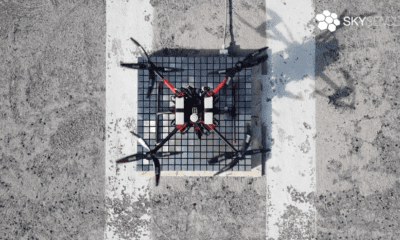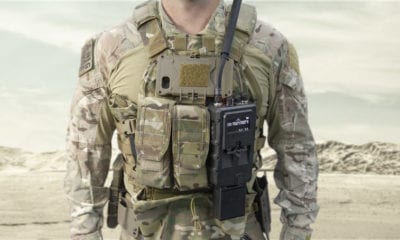
News
Drone Discovery Protocol for Enterprise Drones via Smart Contracts
If you are rubbing shoulders with experts in the field of blockchain, you probably know what the smart contracts technology is – or what are the main benefits that it represents. Relatively new and adopted by the blockchain experts, the technology is best defined as:
“A smart contract is a computer protocol intended to digitally facilitate, verify, or enforce the negotiation or performance of a contract. Smart contracts allow the performance of credible transactions without third parties.” (Wikipedia)
Believe it or not, there is a link between this technology and drones. In a new paper submitted at the Technical Disclosure Commons, the three authors, Khevatraj Purmanan, Anamika Abhoypada Das and Somesh U Malimath, aim on establishing a drone discovery protocol for enterprise drones via smart contracts.
The Link Between Drones and Smart Contracts
Generally speaking, the blockchain technology is quite widespread now and outlines a number of use cases for different industries. In the field of UAVs or drones, it can help with drone tracking and the end flight validation.
Therefore, the three authors who wrote this paper focus on building a consensus mechanism that will tie all the entities within the drone ecosystem (from manufacturers to traffic controllers, smart city authorities etc.) using blockchain technology which will make drones permissible to fly and be tracked down by a drone discovery protocol.
Even though this technology is still limited (and still in its developmental phase), the authors found an actual purpose in the rising market for unmanned drones – where it can deliver a specific service through a trusted and decentralized validation method.
Relying on Smart Contracts as a Mechanism for Uniqueness and Immutability
As the authors note in the overview of the paper, a technology like this “relies on a blockchain smart contract as a mechanism which provides uniqueness and immutability as a secure and trusted source of validation – where smart contracts are the code written into a blockchain network which sets terms of agreement which when met reaches consensus and allows triggering of the terms to be executed.”
According to the authors, the solution could allow Enterprise drones to have an embedded blockchain application and participate as a node to its validator blockchain.
“It reaches consensus for flightthrough a “Trigger and Execution” smart contract algorithm. This acts as a protocol license which satisfies all the criteria to enable flight features to serve its purpose. All the criteria may be defined through the smart contract which is validated by the different participants
in the blockchain ecosystem (e.g., manufacturer, reseller, insurance company, aviation authority, business provider, etc.). The consensus is a cryptographic hash which is immutable and unique. This then becomes the fundamental unique identifier key when used across a specific drone discovery protocol on blockchain enabled devices or platforms within a networked
infrastructure.”
The Drone Flight Process
Under this concept a drone will be initiated with a Power On Self Test (POST) which will then trigger the Access Point Discovery (APD) as the technology’s main tool to have wider area connectivity to the nearest blockchain.
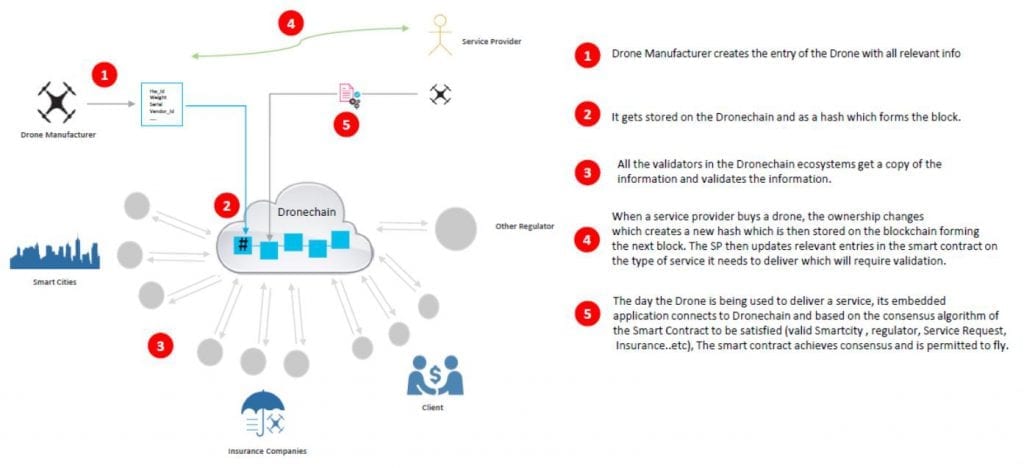
Figure illustrates the journey of a drone from its purchase to deployment,empowered by blockchain.
Later on, the drone would receive the connectivity information and will be addressed by the nearest router resolution – as part of an APD Acknowledgement (ACK) message. The drone would then get a DDiD ACK for the valid tracking ID and be discovered via the discovery protocol from the router.
As the authors note:
“The techniques described herein provide added security for drones and a solution that can ground tampered drones. The complete lifecycle of the drone can be tracked from production to end-of-life. This enables an end-to-end solution to provide orchestration for deploying drones for an enterprise. This may provide a platform for licensing, upgrades, or microservices to be pushed to drones.”
Summary
Obviously, the link between blockchain’s smart contracts and drones needs further exploration right now. However, the techniques examined in this paper definitely show what the near future could bring – especially when it comes to the authorization and traceability of drones for service deliveries.
Right now, the implementation of drone tracking is too poor to validate the end-to-end flights of drones, which is why a consensus mechanism that ties all the netities is more than needed – best described as “a smart contract algorithm” in this paper.
Citation: Purmanan, Khevatraj; Das, Anamika Abhoypada; Malimath, Somesh U, Technical Disclosure Commons Defensive Publications Series October 11, 2018 ‘Drone Discovery Protocol For Enterprise Drones Via Smart Contracts’, https://www.tdcommons.org/cgi/viewcontent.cgi?article=2648&context=dpubs_series





